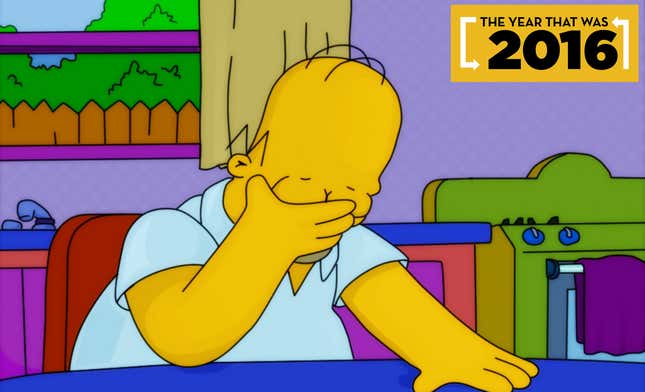
If 2016 taught us anything at all, it was that sometimes, things don’t go your way. For every lovely surprise, there is a major disappointment around the corner.
This piece originally appeared December 16, 2016.
We’ve already recounted the best surprises of the year, so it’s time to let our bitterness reign. As in past years, I’ve polled our entire staff and collected the biggest disappointments of the year here for your reading enjoyment. (For a good time, check out our lists from 2012, 2013, 2014 and 2015.)
Before we can heal, first we must acknowledge what went wrong. Let the kvetching begin.
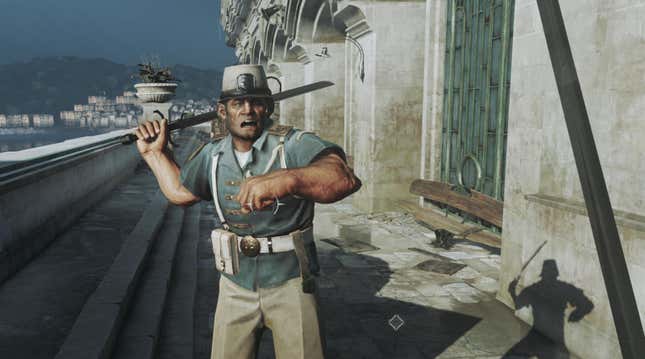
Too many games launch with fucked-up PC versions.
This is a perennial thing, but it was as bad in 2016 as it’s been any other year. Too many PC games were released with sub-par optimization and other performance issues, from the less egregious jankiness of XCOM 2 and Hitman to the woeful launch state of No Man’s Sky, Mafia 3 and Dishonored 2. Each game had us wasting untold hours on the bizarre rituals we perform while impatiently waiting for patches, and we’ll never get those hours back. There were some smooth PC launches this year, including Doom and Battlefield 1, but it’s still a bummer every time it happens. Dear video game publishers: It’s okay if you delay your PC versions by a few weeks to help make them run properly out of the gate. We’re good with it.
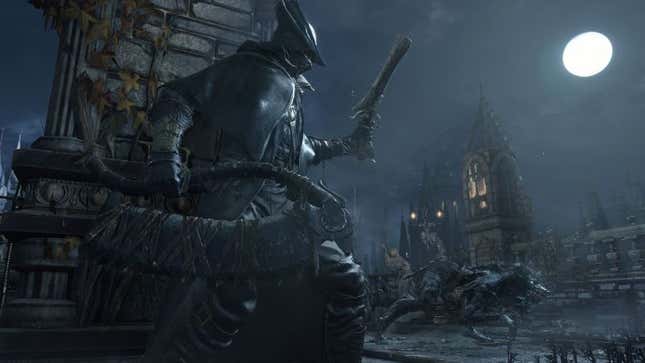
PS4 Pro isn’t exactly the upgrade we’d hoped for.
Look, Sony. All we wanted was Bloodborne at 60fps. In fact, you know what? We would’ve been happy with a version of Bloodborne that ran at a smooth 30fps with no frame-pacing issues. But Bloodborne didn’t get a Pro patch at all. Instead we got a few games like Rise of the Tomb Raider running at higher frame rates, a fair number of recent games running at higher resolutions, and a few of those games actually running a little bit worse than they would at 1080p on a standard PS4. Future games will doubtless benefit from the new hardware, but we were hoping for more Pro improvements for existing PS4 games.
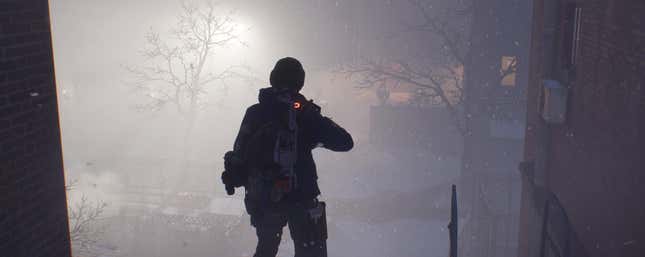
The Division blows its endgame, loses players.
Ubisoft’s The Division launched as a pretty fun game that a ton of people bought and played. However, a few weeks after it had been in the wild, the cracks began to show. Cheaters began mercilessly exploiting the Dark Zone. Loot exploits led players to level up much faster than they otherwise should have. The game was too stingy with rewards, eventually trapping players by making it so that you could only get the high-level gear you needed by doing high-level missions… for which you needed to already have that gear. The developers at Ubisoft Massive admirably changed course in the fall, but by then it was too late for a lot of players. The player-base has shrunk to a fraction of what it once was, and it’s doubtful most of them will ever go back.
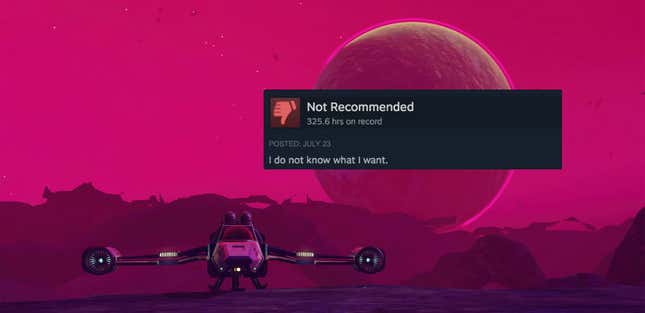
No Man’s Sky, in general.
Where to begin with No Man’s Sky? Most obviously, the game itself was a disappointment, particularly to those who (justifiably) had put stock in the loads of exciting, specific features Hello Games head Sean Murray had talked about and shown in trailers prior to launch. When it finally launched in August, it was a perfectly pleasant little exploration game, but it was missing so many features included in trailers, interviews and demos that expectant fans were understandably miffed. The developers’ almost complete lack of post-release communication didn’t help things. The bad taste from that was only somewhat washed away by the recent, substantial Foundation update.
No Man’s Sky fans also failed to cover themselves in glory throughout the year, attacking the developers in May for delaying the game and sending our news editor death threats for accurately reporting that delay. Someone even hacked into Hello Games’ Twitter feed and email in October to issue bogus apologies. It was all a huge stinking mess, and even more of a bummer considering that if No Man’s Sky had simply launched as a lower priced early-access PC game instead of a $60 boxed console game, the entire narrative surrounding it could have been different. Oh, what might have been.
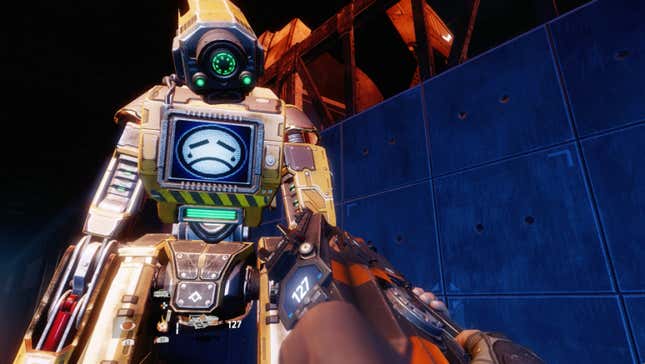
Good sequels fare poorly.
We don’t put too much stock in any given video game sales report, but it seems clear enough that several of the fall’s big sequels, including Dishonored 2, Watch Dogs 2 and Titanfall 2 didn’t sell very well. That’s bad news, considering that all three were excellent games and all three substantially improved on their predecessors. In the case of Titanfall 2, poor sales means fewer people to play with online, which is a real bummer for a game with such fun multiplayer. We love it when a video game sequel elaborates on all the things the first game did right while smoothing out the things it got wrong, and it’s a shame to see good sequels flounder.
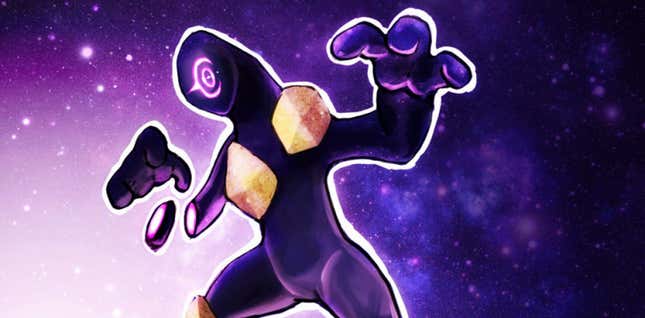
Fan games fight to survive.
Fan-made tribute games are an understandably tricky issue for video game publishers, particularly when the people making fan games start using trademarked games to make money. It was still a shame to see fan projects like AM2R, the Game Jolt archive and Pokémon Uranium shut down, partly because they were cool projects and partly because of the chilling effect that could have on other fans who might make tribute games. Not all fan games got the axe this year, as evidenced by Sega’s evidently more open approach to Green Hill Paradise Act 2 and Sonic Utopia. This will likely always be a complicated issue full of grey areas, but we wish publishers—and Nintendo in particular—would be more open to the idea of fans remixing their ideas not for profit, but for fun. More talking, less legal hammer-dropping.
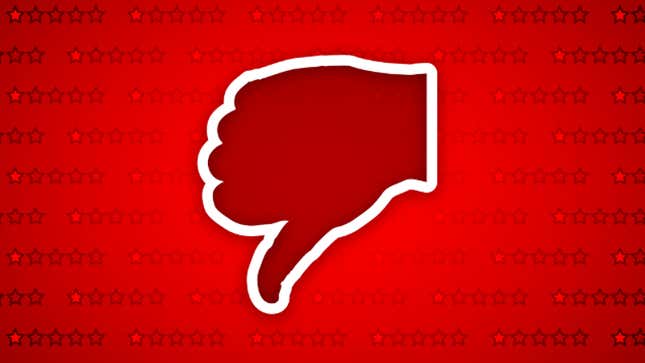
Steam is drowning in shovelware.
Quick, open up Steam. Check the “new releases” tab. What do you see? More than likely, you see a few games you’ve heard of, maybe a few interesting-looking games you haven’t heard of, and a mountain of cheap-ass shovelware. This year, Steam was overwhelmed with low-quality junk, to the point that it’s become too difficult to find interesting new things. Valve would love for their own users to act as curators, but their open-season approach to their own store and lack of improvements to the curators system makes it hard to get good information. In fact, a shocking 40% of Steam releases came out this year alone, according to Steam Spy.
Valve’s hands-off approach to Steam has hurt the service in other ways, as well, as they’ve left holes for shady gambling economies and digital scammers, toxic forum communities and negative review brigading. They’ve taken some steps toward addressing those problems, but it hasn’t been enough. If Valve doesn’t step up and make more meaningful improvements to Steam, more and more of us will find our games elsewhere.
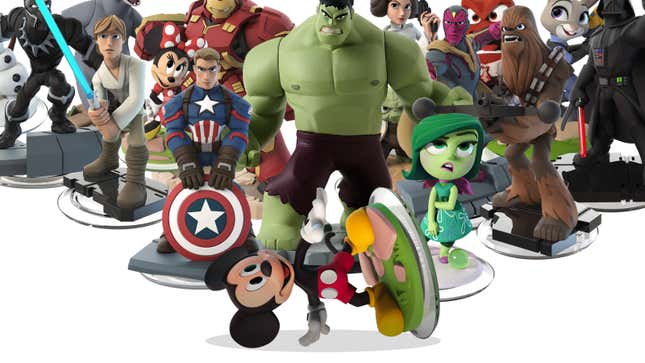
Disney kills Disney Infinity.
A Disney (+ Marvel + Pixar + Star Wars) version of Skylanders seemed like a winning idea, so it was a shame to see Disney pull the plug in May. It was even more of a bummer because it came as such a surprise—Disney Infinity started out as a success in 2013, some developers even had upcoming Star Wars and Guardians of the Galaxy add-ons in the works. Disney doubtless had their reasons for pulling the plug, but it was a shame to see it happen nonetheless.
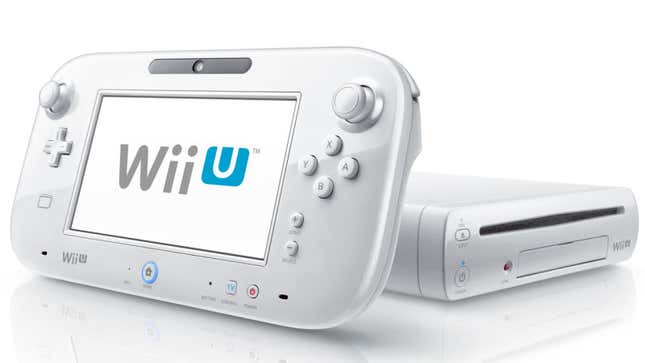
The Wii U dies a sad, lonely death.
We knew for some time that Nintendo was working on a replacement for the Wii U, but it was still a drag to see the console die such a sad, lonesome death. The Wii U received almost no new games this year, and many of us (like yours truly) who ponied up for the console but a few short years ago can’t help but feel burned.
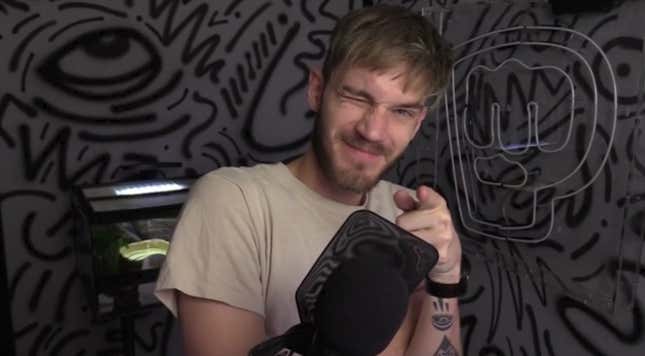
PewDiePie doesn’t delete his channel at 50 million subs.
We didn’t really think he was going to do it, but it would’ve been pretty wild if he did.
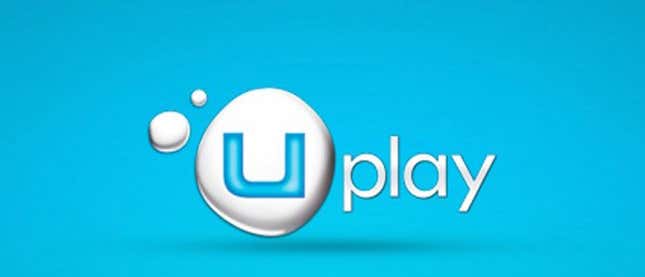
Uplay still sucks.
One of 2016’s defining trends in PC gaming was the move away from Steam. EA has made their Origin service into a useful store with some great deals, while Oculus launched a well maintained, curated storefront for Oculus Rift owners. Blizzard added lots of new features to Battle.net and benefited from the explosive growth of Overwatch, and GOG.com continued to release quality games with no DRM. Ubisoft’s Uplay service, unfortunately, is still a pain in the ass to use, and more of a hinderance than a help. We don’t fundamentally dislike the idea of a game publisher running their own store on PC, we just wish Uplay would get out of the way more than it does.
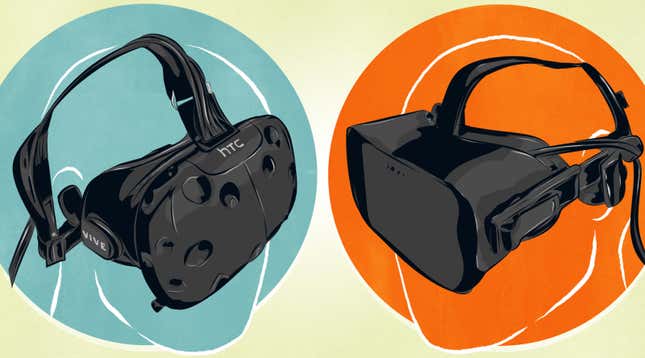
VR becomes a console war.
Apple vs. Microsoft. PlayStation vs. Xbox. iPhone vs. Droid. PC vs. console. Everything is a damn brand war these days, so it’s not really a surprise that virtual reality followed suit. But it’s still a shame to see people who are so infectiously excited about a new technology spend so much of their time at each other’s throats. Visit an online hub of conversation for the new Oculus Rift, HTC Vive and PlayStation VR headsets and you’ll find people engaged in venomous arguments over which headset is better, which parent company is worse, and which users are shills for which corporation.
At least three massive tech companies are competing to make the best virtual reality system possible, all in the hopes of getting us to give them money. At each of those companies, hundreds of people who are really excited about VR are working day and night to make the most fascinating, challenging, groundbreaking projects of their careers. That’s all fine—it’s great, even! Surely there’s a way to get together and talk about all of it without defining our allegiances quite so forcefully.
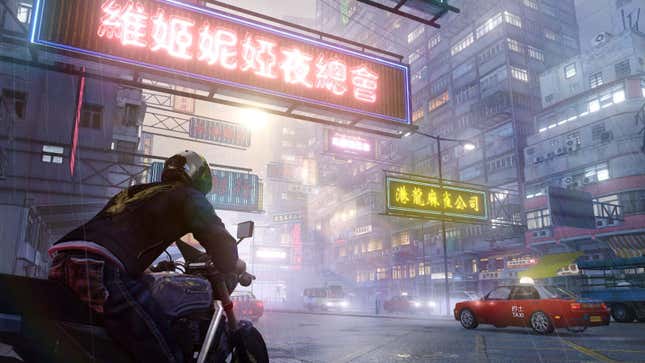
United Front closes instead of making Sleeping Dogs 2.
Boy, you know what would have been cool? Sleeping Dogs 2. The first Sleeping Dogs was a marvelous open-world game that was just dying for an improved, refined sequel. Instead, United Front Games wandered through a series of projects working on other studios’ games before being unceremoniously shut down. Now we’ll probably never get another Sleeping Dogs. Man.
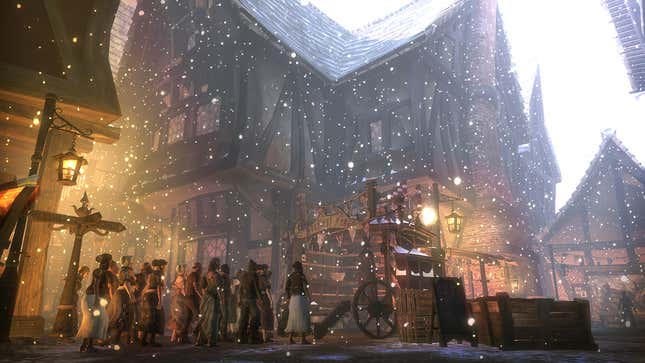
Microsoft shutters Lionhead.
Speaking of bummer shutdowns, it was a real shame to watch Fable developer Lionhead gradually wither before finally being put out of its misery this year. Fable 2 came the closest to being “the great Fable game,” but we’ll probably always have that vague feeling that the series never truly got its one, definitive entry. That’s a shame.

Pokémon Go isn’t actually a good game.
It was a huge enough cultural phenomenon to make it onto our best surprises list, so it sure would have been nice if Pokémon Go had actually been a good game. Instead, it was basically a mess, with thin mechanics and broken features that took months for its developers to address, if they addressed them at all. Moreover, it’s just not a very well-considered or fleshed-out Pokémon game. Millions of people have probably already played it and lost interest, with some coming to the conclusion that video games are mostly throwaway junk. It’s too bad that such a phenomenally popular game wasn’t better.
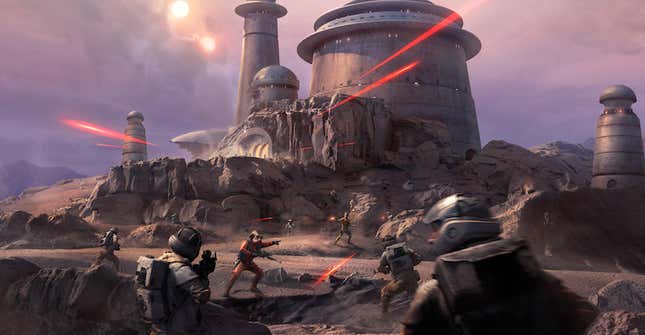
Star Wars: Battlefront DLC is not the DLC we’re looking for.
We were hopeful that Star Wars: Battlefront’s 2016 DLC would make up for its thin launch and attract a larger, more energized base of players. That never really happened, unfortunately, and a series of unexciting map packs and some new modes failed to sufficiently improve or expand the base game. We’re hopeful that the sequel will be better, because the core idea is so excellent. All the same, if you bought Battlefront last year in the hopes that it would greatly expand and improve this year, it was hard not to feel disappointed.
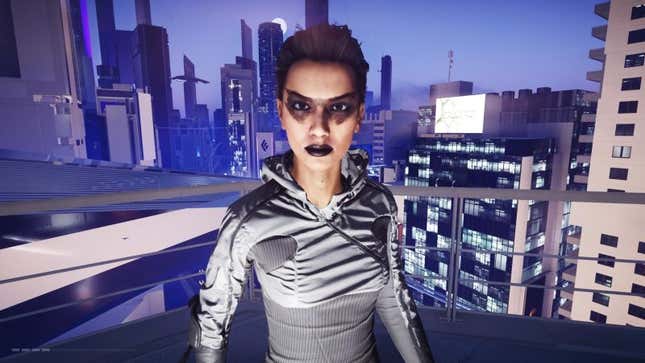
Mirror’s Edge Catalyst is a bland follow-up.
Released in 2008, the original Mirror’s Edge was fresh enough to be a shock to the system. First-person parkour in a clean corporate dystopia, with a focus on fleeing instead of fighting? Sure! It was the poster child for a new EA that was unafraid to take risks on new series and new ideas. The long-awaited sequel should have been a refinement of everything that was great about the first game. Instead, it was a safe, bland follow-up that slipped from our minds mere moments after we stopped playing it. It wasn’t that it was a bad game—in fact, it had some cool moments. But it was missing a spark.
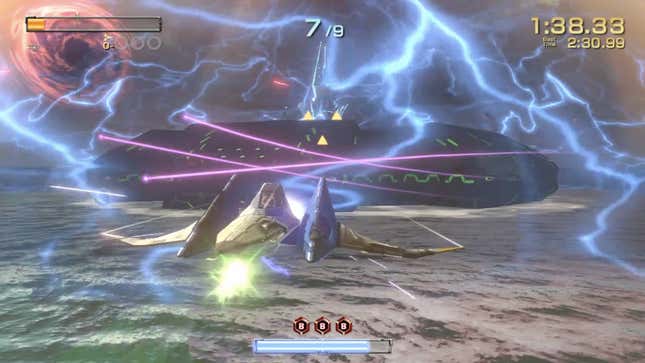
Star Fox Zero doesn’t benefit from its delay.
Visionary Nintendo designer Shigeru Miyamoto once famously defended game delays, pointing out that a delayed game is eventually good, and a rushed game is bad forever. Unfortunately, Nintendo’s delay of Star Fox Zero did not result in a good game. The finished game was awkward and just generally not that fun. Apparently sometimes, even a delayed game is bad forever.
Mighty No. 9 is not so mighty.
After a long and tempestuous development, Comcept’s Mega Man-inspired side-scroller Mighty No. 9 launched and it was really just not very mighty. It was cheap-feeling, ugly, and the gameplay just never quite gelled. As Fahey put it: “Mighty No. 9 tries real hard, but no.”
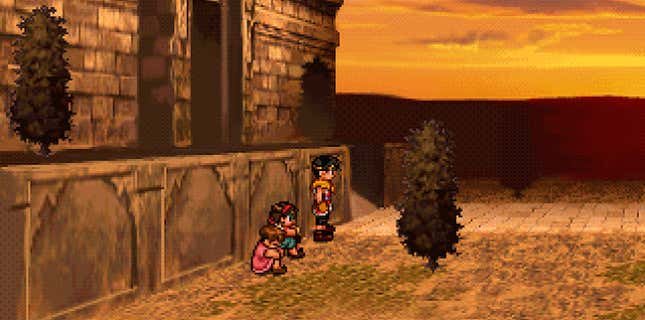
I still didn’t finish Suikoden II.
At this point I’m practically avoiding it out of spite, which is never a good reason to avoid playing a classic game. Sorry, Jason. Maybe in 2017.
Then again, maybe not.
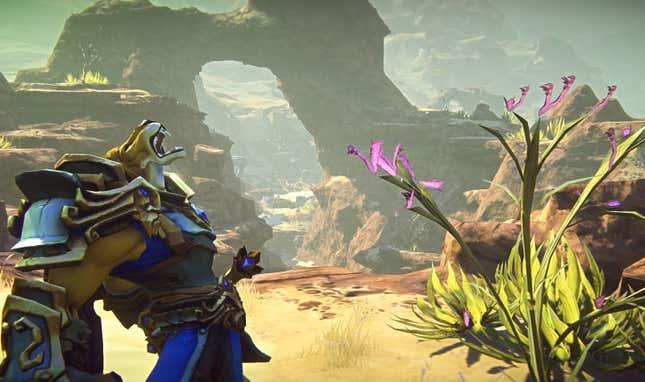
EverQuest Next becomes EverQuest Never.
The world is arguably ready for another great massively multiplayer role-playing game, and we were kinda hoping EverQuest Next would be the one. The early announcement videos showed off some groundbreaking (rimshot!) new technology, and it seemed like the granddaddy of the genre was about to return in fine form. Then developer DayBreak cancelled the project entirely. Well, shit.
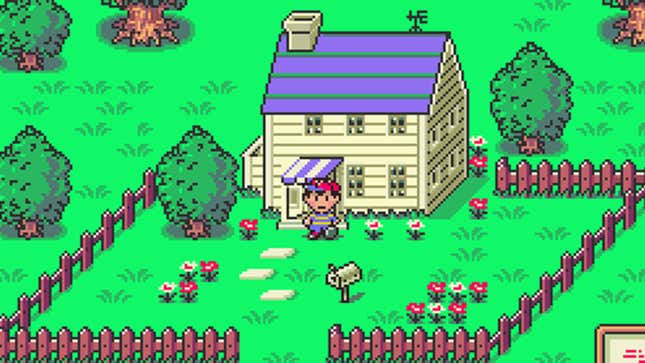
Nintendo still hasn’t got the virtual console right.
This is a perennial entry on our disappointments list, and will be until Nintendo gets it right. Guys. Guys! It should be so easy. You have like a billion amazing, beloved games in your back catalogue. The best of them are still good enough to stand alongside any new release. Yet it is still so difficult to buy most of them, and when we do buy one, we get no guarantee that it’ll work on any other Nintendo systems we own. How many times have I bought Earthbound in the past year? Oh yeah, twice. I’ve bought it twice.
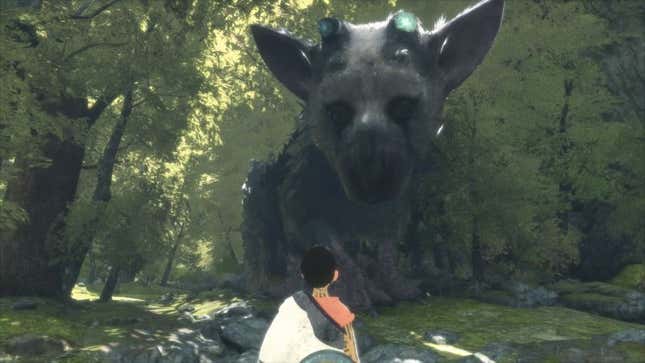
The Last Guardian is still nowhere to be found.
We’ve included this game almost every year on our disappointments list, and will continue to do so until it finally comes out. In 2016, Sony yet again failed to… wait, what? They did?
Oh. Well then.
So ends our catalogue of disappointment and regret. Let us slough off the sadness that came before and face the future together! In but a couple of weeks we will start fresh, with clear eyes and full hearts, ready for another wild year of video games. Surely nothing in 2017 will be disappointing, right? Surely not.
Feel free to share your own disappointments in the comments below. As always, if one of your 2016 disappointments was “Kotaku,” we promise to do better next year.